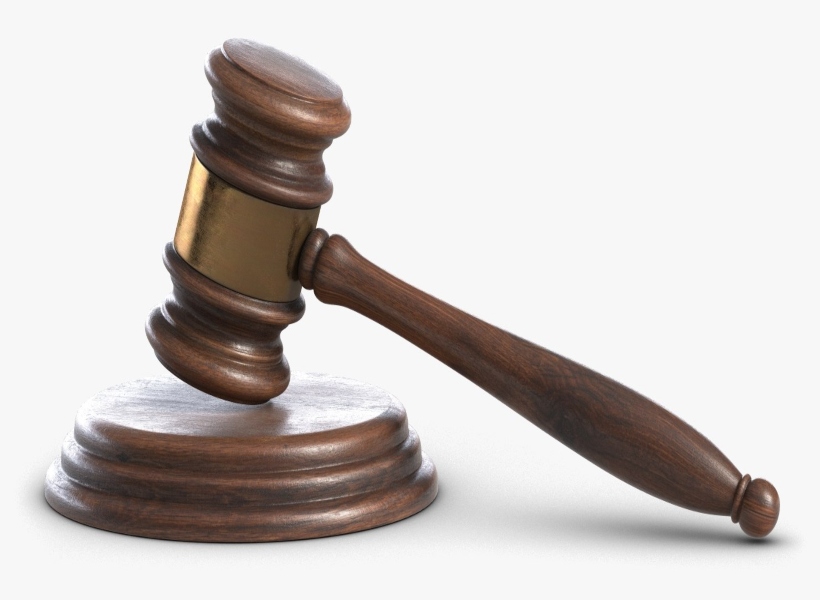The Government of Guyana (GOG) has received notification from the International Court of Justice (ICJ) that the oral hearing on jurisdiction in its case against Venezuela, formally known as the case concerning the Arbitral Award of 1899 (Guyana v Venezuela), will be held in The Hague from March 23 to 27, 2020.
This hearing will determine whether the Court has jurisdiction over the case filed by Guyana on March 29, 2018. By that case, Guyana seeks to obtain from the Court a final and binding judgment that the 1899 Arbitral Award, which established the location of the land boundary between then-British Guiana and Venezuela, remains valid and binding, and that Guyana’s Essequibo region belongs to Guyana and not Venezuela.
Guyana took its case to the Court following the decision by the Secretary-General of the United Nations in January 2018 that the controversy between Guyana and Venezuela should be decided by the International Court of Justice. In making his decision, the Secretary-General was exercising the power vested in him in the 1966 Geneva Agreement between Guyana, Venezuela and the United Kingdom to decide how the controversy should be settled.
Venezuela has claimed, in a letter to the Court, that the Secretary-General exceeded his authority under the Geneva Agreement, and that the Court, therefore, lacks jurisdiction to adjudicate Guyana’s lawsuit. On this basis, Venezuela has indicated that it will not participate in the proceedings. On November 19, 2018, Guyana submitted its Memorial to the Court refuting Venezuela’s arguments and demonstrating that the Court has jurisdiction.
Under well-established judicial precedent, the Court will proceed to decide if it has jurisdiction over Guyana’s claims, irrespective of whether Venezuela participates in the proceedings. If it decides that it has jurisdiction, the Court will proceed to rule on the merits of those claims and decide whether the validity of the 1899 Arbitral Award and the border between the two States should be confirmed. Under the United Nations Charter and the Court’s own rules, its final judgments both on jurisdiction and the merits will be legally binding on Guyana and Venezuela, whether or not Venezuela participates in the proceedings. Nevertheless, Guyana expresses the hope that Venezuela will participate, to indicate respect for the Court and the international rule of law, the peaceful settlement of disputes, and the promotion of friendly relations between both States.
The Government of Guyana welcomes the prospect of a final and binding decision by the Court that will definitively resolve this longstanding controversy, and allow Guyana and Venezuela to proceed to develop excellent and close relations as neighbouring states.













